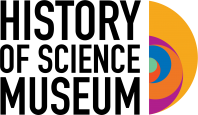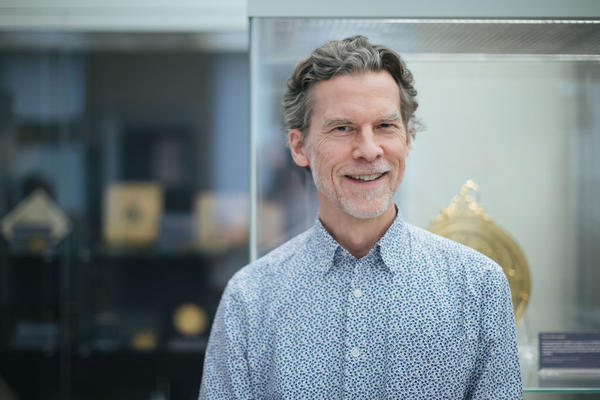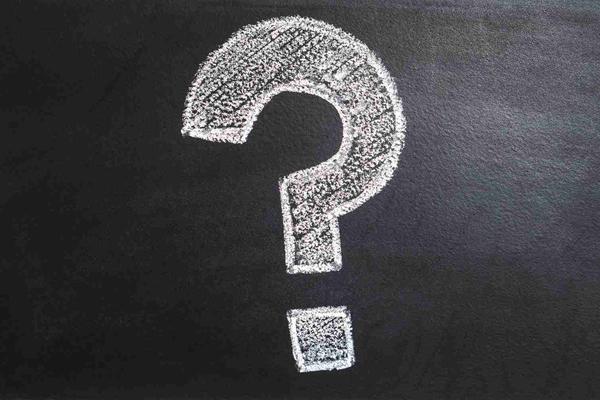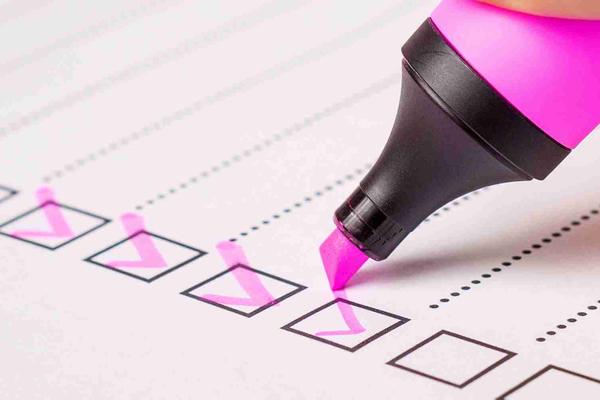Science in the Early Islamic World
Session details
Delivery
Museum-based or Online Virtual Classroom
Curriculum Links
Science (astronomy)
History (non-European civilisations)
Religious Studies (Islam)
Key Stage 3
Suitable for Years 7, 8 or 9
Length of session
90 minutes (museum) or 50 minutes (virtual)
Maximum group size
30 students (museum) or single class (virtual)
In this session students will:
-
Discover the extraordinary story of science in the medieval Islamic world
-
Find out how science in the Islamic world went hand in hand with religion
-
Meet some of the oldest and rarest instruments from the Museum’s collection
This session introduces students to science from a different culture — the rich scientific heritage from the Islamic world which greatly influenced the development of science in the medieval Europe.
We learn how science and religion were interwoven and discover beautiful and rare scientific instruments from the Museum’s collection such as the astrolabe and qibla indicator.
We explore how Muslim astronomers developed these instruments to investigate and share their knowledge about the Universe as well as for practical purposes such as time-telling and navigation.
The session includes a trail and object-handling in the museum-based session, and breakout activities in the online equivalent.








